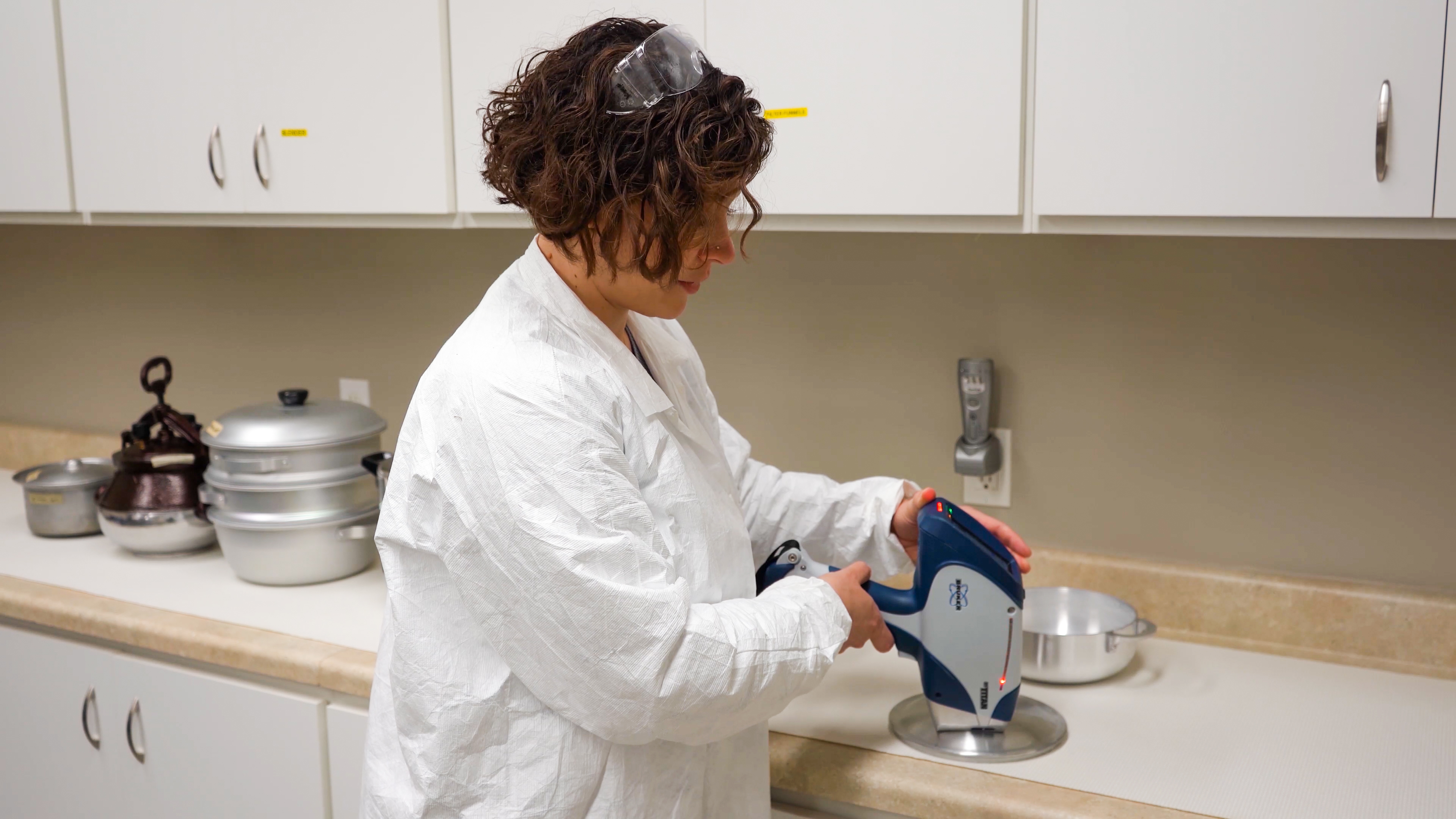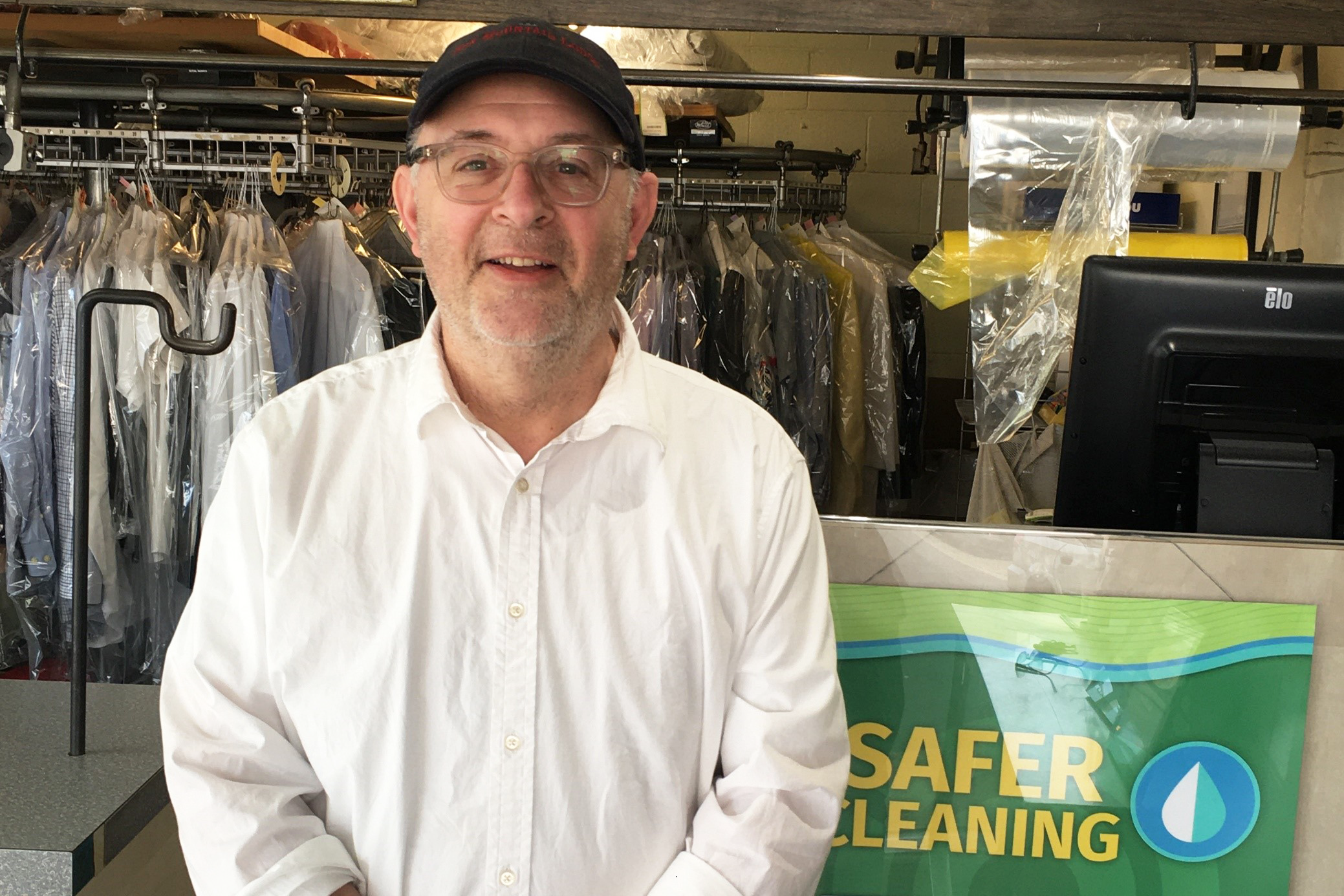The Research Services Team (Research Team) at the Hazardous Waste Management Program conducts high-quality research to inform the Program’s priorities. We use data-driven, collaborative, and community-engaged research principles to ensure that our projects align with best practices and policies.
The Research Team focuses on preventing hazardous chemical exposures to King County residents and workers and protecting the environment. We gather data and conduct research studies to identify the most hazardous chemical exposures in our community and then develop strategies to prevent them. Our work is used to develop new environmental policies and to help people choose safer chemicals and products.
We conduct all our research work through an evidence-based and racial equity lens. We leverage a data-driven approach to integrate equity principles into our work planning, service delivery, evaluation, and methods of identifying systemic disparities. The Research Team is dedicated to advancing equity through community-engaged principles with our partners and co-creators. Our collaborative strategies of involving community members throughout the research process ensures that diverse experiences are included, projects are relevant to our communities, and there is equitable access to services and opportunities. The use of community-based participatory research is essential in cultivating solutions that will have long-term benefits for communities. We also use existing data to identify communities and workers that are disproportionately exposed to hazardous materials, including GIS-based environmental justice mapping tools, publicly available demographic information, and job-exposure matrix data.
Our current projects include:
- Identifying and implementing safer alternative chemicals and processes;
- Identifying lead-containing aluminum cookware and finding safer alternatives;
- Understanding the burden of chemical exposures on Black, Indigenous, and People of Color (BIPOC) communities;
- Helping to develop local and national policies to prevent hazardous exposures, including lead and PFAS.
Additional Resources
If you would like to learn more about our projects, publications, or have any additional questions, please contact us at hazwasteresearch@kingcounty.gov for more information.
The Research Librarian maintains the Program’s collection of books, reports, and other material. For more information, please contact Dawn Duddleson at dawn.duddleson@kingcounty.gov.

